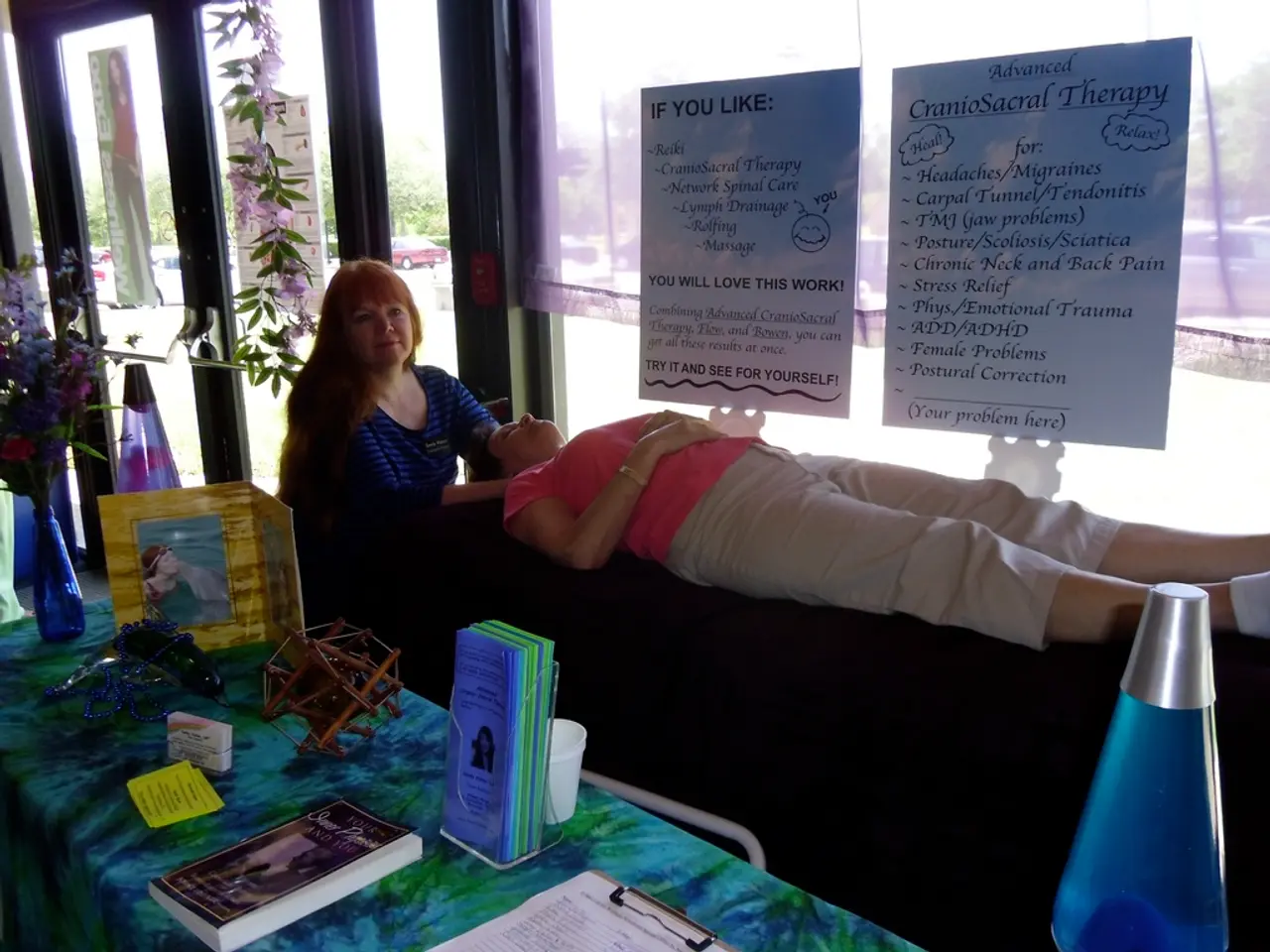Pondering Relationship Uncertainties Common?
In the intricate tapestry of romantic partnerships, relationship doubts are a common thread that weaves its way through many long-term relationships. These doubts, born from a complex interplay of cognitive, emotional, and social factors, can trigger a cascade of psychological responses, such as anxiety, fear, and self-doubt.
Understanding the psychology of relationship doubts is essential for gaining insight into their intricate mechanisms. Healthy doubts can be seen as constructive, serving as a means of introspection and growth within a relationship. However, unhealthy doubts are irrational, persistent, and driven by insecurity, anxiety, or distrust.
Relationship doubts are a normal part of romantic partnerships. They can emerge from various factors, including fear of intimacy or commitment, questioning compatibility, or personal insecurities.
Common triggers for relationship doubts include inconsistency in communication, perceived distance or distraction from a partner, unmet emotional needs, trust issues, personal insecurities, and overthinking interactions. These triggers often lead to feelings of insecurity, anxiety, and self-doubt within the relationship.
For instance, fluctuations between closeness and withdrawal can generate anxiety, especially in those with anxious attachment styles. When a partner seems distracted or forgets important dates, it triggers doubts about their investment in the relationship. Lack of quality time, emotional vulnerability, or clarity often causes frustration and confusion, compounding doubts about compatibility or commitment.
To address these doubts effectively, open, consistent communication is key. Regularly sharing feelings, expectations, and concerns helps reduce misunderstandings and builds trust. Partners can also develop ways to communicate needs calmly, helping anxious individuals feel safer without escalating conflict.
Recognizing that emotional needs are valid and resisting shrinking or apologizing excessively for those needs fosters a secure sense of self in the relationship. Professional guidance, such as couples therapy or counseling, can provide tools to improve communication, resolve conflicts, and manage anxiety related to relationship doubts.
Understanding personal and partner attachment patterns allows for more empathy and tailored strategies to handle doubts and insecurities. Awareness of common signs and triggers of relationship doubts, such as persistent negative thoughts, emotional distance, increased arguments, doubts about compatibility, lack of trust, fear of commitment, comparing to others, withdrawing emotionally, uncertainty about feelings, and seeking external validation, can help identify and address these doubts early on.
Lastly, understanding the root causes of doubts and addressing personal insecurities can contribute to alleviating relationship doubts and fostering a healthy partnership. Seeking guidance from relationship experts, such as psychics, relationship coaches, or family therapists, can help navigate relationship doubts and provide tools for healthy communication and personal growth.
In summary, relationship doubts are a natural part of romantic partnerships, but they can be navigated effectively through open communication, emotional validation, personal growth, and when needed, professional support.
Engaging in love readings or seeking relationship advice can provide insights into one's romantic partnership, helping to address relationship doubts that may arise from personal insecurities, fear of commitment, or questioning compatibility. Pursuing education and self-development in the area of relationships and personal growth can contribute to a more secure sense of self within the partnership. Incorporating various lifestyle changes, such as regular counseling or therapy sessions, can aid in managing anxiety related to relationship doubts and provide effective strategies for improving communication and handling insecurities.




